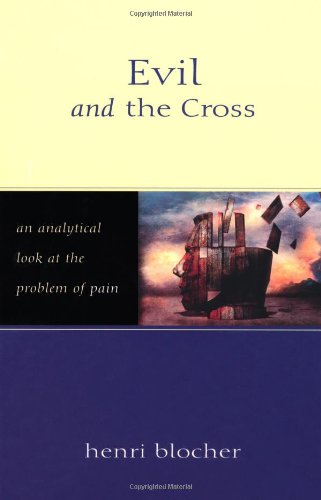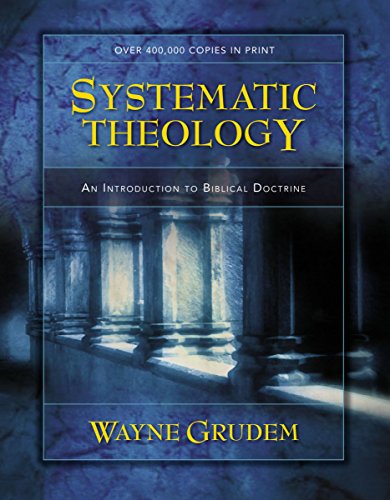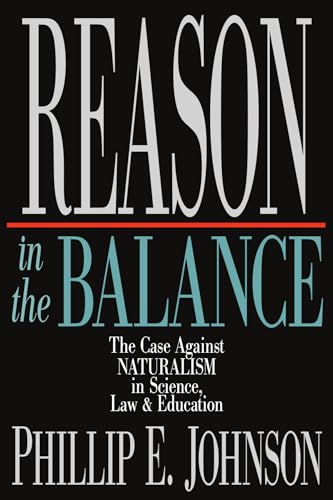Good books on theodicy and the question of evil are hard to come by. Those who undertake to write them deserve our sympathy as well as our praise. In fact their task is impossible. In this worthy treatment of the subject, Henri Blocher, Professor of Systematic Theology at the Faculté Libre de Théologie Evangélique, Vaux-sur-Seine, makes a brave attempt at penetrating the mystery of evil, a task which he openly admits cannot be done. Neither the Bible nor sound theology attempts to explain the source of the presence of evil. All they can do is to point to God’s having subjected himself to its malignancy and in Christ, the crucified and resurrected Lord, having triumphed over it. This is a declaration of faith, not a verifiable statement of fact, least of all a rational solution to an intellectual conundrum. As the author states, ‘there is no rational solution, but a Presence that is sovereign, humbling and that, as such, brings peace and healing’.
Yet the very evidence for evil in a world created good by a benevolent God poses a problem for the Christian mind. Blocher’s first three chapters assess how different Christian theologies have tried to come to terms with this enigma. He claims that there are three broad interpretative traditions which have tried to solve the mystery of evil and suffering: the first is that of universal order, the second that of autonomous freedom and the third that of dialectical reasoning. Liebniz, Teilhard de Chardin and Aquinas are listed under the first heading, Kant, Kierkegaard, Berdyaev, Bonhoeffer, Hick and the Process Theologians are among those noted under the second, and Hegel, Tillich, Moltmann and Barth come under the third. Blocher moves from philosophy to doctrine to exegesis and back again with obvious erudition and considerable skill, yet he demands much of his readers. It could hardly be otherwise in a serious treatment of such a difficult subject. His indictment against all three classes is that they purport to find a reason for suffering, that evil can be explained either by contributing to a greater universal good, or by the sovereign God’s having permitted human freedom, or by a dialectic of grace which ultimately excuses it or vitiates its terrible effect. His criticisms of Hegel, Aquinas, Tillich and Kant are convincing, those of Bonhoeffer, Barth and (perhaps) Moltmann less so. A wholly commendable desire to affirm creation’s goodness, God’s sovereignty and human responsibility leads him at times to harmonizations which strain ominously at being leashed so tightly together. Yet the author is nothing if not tenacious. The idea of blaming God even in the most subtle way, or of excusing man or of trivializing evil, he finds blasphemous. Human ingenuity must yield to the dynamics of revelation: ‘To understand evil would be to understand that evil is not ultimately evil’, he claims, rightly. It is only at the cross that illumination shines forth.
Though Blocher’s final two chapters do not supply a theodicy or furnish the believer with a rationale for evil, they do take him/her to the heart of the enigma, which is God himself revealed in the crucified Christ. Chapter 4 is a powerful exposition of evil in Scripture while Chapter 5 provides an account of God’s sure promise to triumph over sorrow and wickedness in the coming of his kingdom. Despite his determination to reject all rational solutions of the mystery, the author’s claim that the enigma will be resolved in the final triumph reads, ironically, like a rationalization of sorts. (Berkouwer’s contention that not even glory will reveal the means of the mystery’s resolution, if any, is quoted but not commented on.)
Yet in all, this is an able and exceptional treatment which will elucidate in the reader much thought and thankfulness. Although Henri Blocher has not achieved the impossible, he has written a very good book indeed. He deserves our praise even more than our sympathy.
D. Densil Morgan
University of Wales, Bangor






